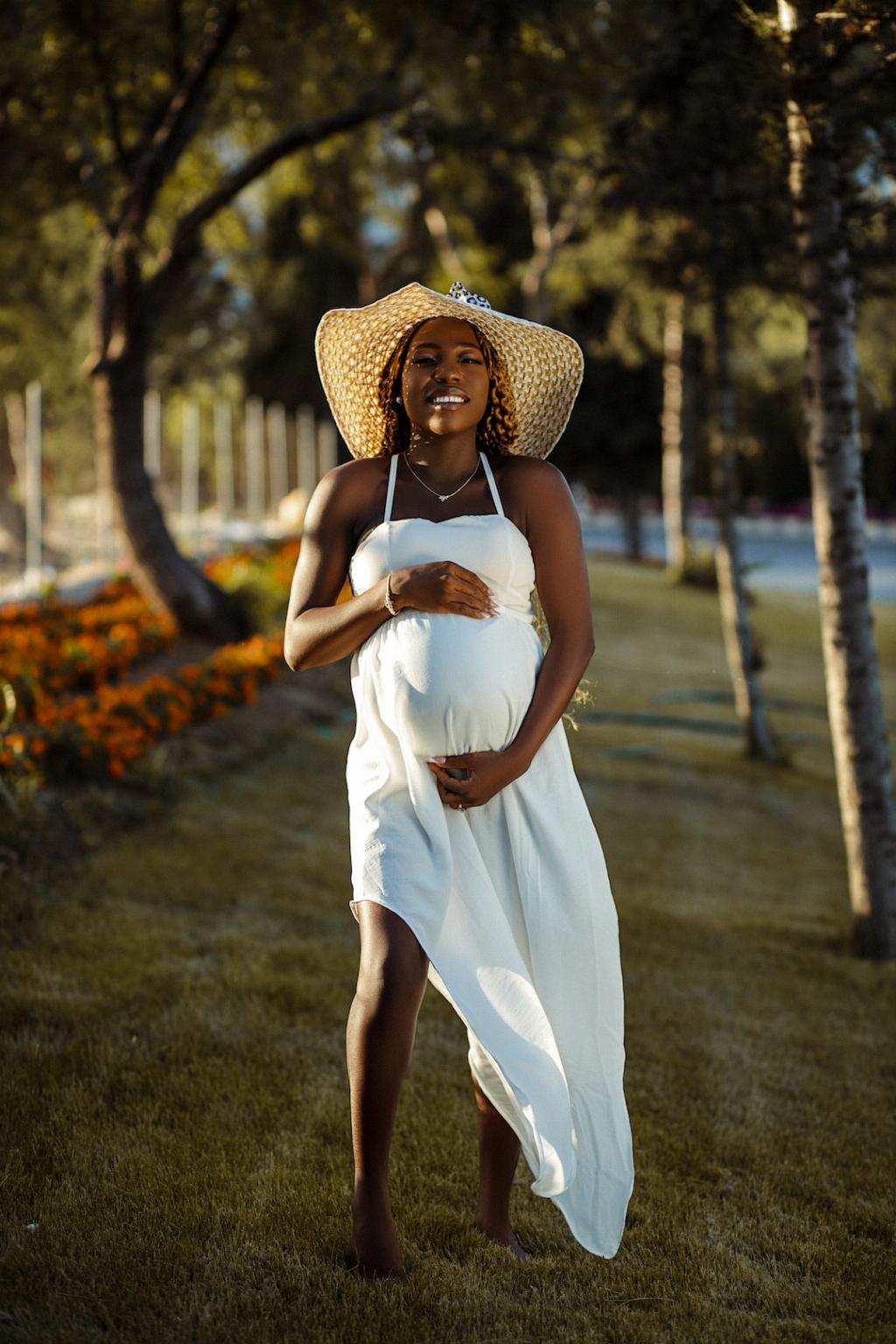When it comes to monitoring the progress of a pregnancy, fundal height plays a crucial role. Fundal height is measured from the top of the mother’s pubic bone to the top of the uterus. At 30 weeks of pregnancy, knowing what the expected fundal height range should be is essential for both the mother and healthcare provider.
Normal Range of Fundal Height at 30 Weeks
Typically, at 30 weeks of pregnancy, the fundal height is expected to measure between 28 to 32 centimeters. This range allows for some variation due to factors such as the mother’s height, body type, and the position of the baby. It is important to note that a fundal height measurement within this range is generally considered normal.
Significance of Fundal Height Measurement
Monitoring fundal height throughout pregnancy helps healthcare providers assess fetal growth and development. A consistent and accurate measurement can provide valuable insights into the well-being of both the mother and the baby. Deviations from the expected fundal height range may indicate potential issues that require further evaluation.
Factors Affecting Fundal Height
Several factors can influence fundal height measurements. Factors such as excess amniotic fluid (polyhydramnios) or insufficient amniotic fluid (oligohydramnios), multiple pregnancies, maternal obesity, and fetal position can all impact fundal height readings. These variables should be taken into consideration when interpreting fundal height measurements.
Importance of Regular Prenatal Check-ups
Regular prenatal check-ups are essential for monitoring the progress of a pregnancy. During these visits, healthcare providers routinely measure fundal height to track fetal growth and development. Any deviations from the expected range can prompt further investigation to ensure the well-being of both the mother and the baby.
Discussing Fundal Height Measurements with Your Healthcare Provider
If you have concerns about your fundal height measurements at 30 weeks of pregnancy, it is important to discuss them with your healthcare provider. Open communication can help address any questions or uncertainties you may have regarding fetal growth and development. Your healthcare provider can provide guidance and reassurance based on their assessment.
Monitoring Fetal Growth and Well-being
By tracking fundal height measurements throughout pregnancy, healthcare providers can assess fetal growth and well-being. Consistent and accurate measurements help identify any potential issues early on, allowing for timely interventions if necessary. Monitoring fundal height is an essential aspect of prenatal care.
Managing Expectations and Seeking Support
It is normal for expectant mothers to have concerns about their pregnancy and the well-being of their baby. If you are uncertain about your fundal height measurements or have questions about your pregnancy, do not hesitate to seek support from your healthcare provider or a prenatal care specialist. Having a support system in place can alleviate anxiety and ensure a healthy pregnancy journey.
Educating Yourself About Fundal Height Measurements
Understanding the significance of fundal height measurements at 30 weeks of pregnancy empowers expectant mothers to take an active role in their prenatal care. By educating yourself about the factors that influence fundal height and the expected range at different stages of pregnancy, you can confidently engage in discussions with your healthcare provider about your baby’s health.
Final Thoughts on Fundal Height at 30 Weeks
As you progress through your pregnancy journey, monitoring fundal height at 30 weeks and beyond is crucial for assessing fetal growth and development. By staying informed about the expected range of fundal height measurements and communicating openly with your healthcare provider, you can ensure that both you and your baby receive the necessary care and support throughout this transformative time.

